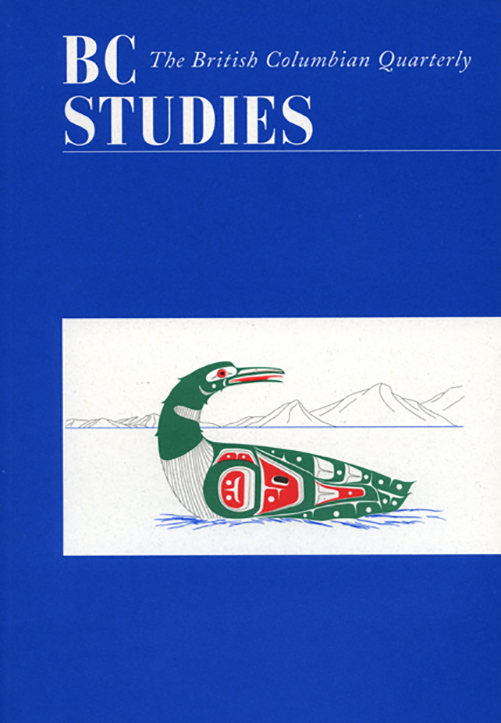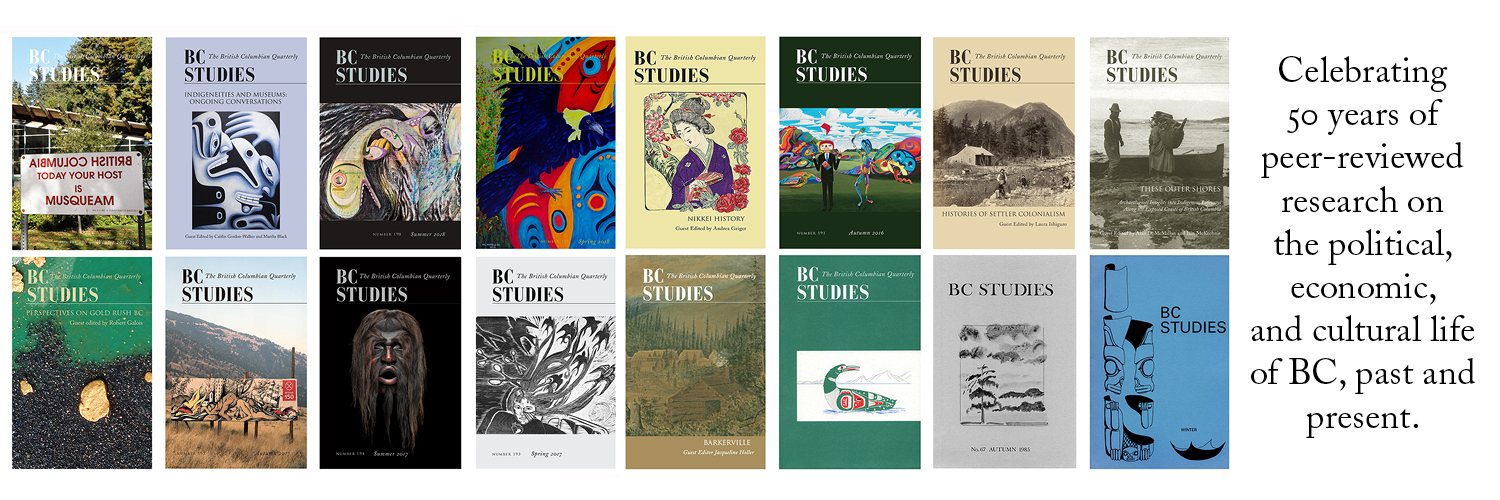Oregon’s Doukhobors: The hidden history of a colony of Russian exiles and the KKK’s efforts to oust them
DOI:
https://doi.org/10.14288/bcs.v0i180.184188Keywords:
Doukhobors, Russian, Immigrants, Religion, Sects, agriculture, United StatesAbstract
When American Legion commander George Love spoke to a gathering of concerned residents at Junction City, Oregon, in late August 1924, he warned of the imminent danger of allowing a group of Russian immigrants to establish a colony on the rich farm land along the Willamette River. Some of the local residents were so riled up by Love’s warning that they threatened to pick up the gun to rid the region of what the Legionnaire told them were communist “invaders.”[1] That Love wore a second hat as a leader of the Eugene Ku Klux Klan seemed only to strengthen his hold on the crowd.[2] Continued public pronouncements on the evils that the newcomers might bring to the peaceful valley persisted and Love doggedly pursued his mission to stop the Russian peasant sect known as the Doukhobors. It was not the first time that the troubled group had faced public repudiation and persecution in its long quest for what a traditional hymn called “Toil and Peaceful Life,”[3] nor was it the first time it had occurred in Oregon. In fact, during their first appearance, ten years earlier, the Klan had not yet found its full strength in Oregon, but the Doukhobors were to be confronted by another powerful social force in the form of the Supreme Court. In the end both the 1913 and 1924 attempts to establish an Oregon colony failed but in some ways the experiments reflected a history of troubles that had followed them for centuries.
[1] Eckard V. Toy, “Robe and Gown: The Ku Klux Klan in Eugene, Oregon,” in The Invisible Empire in the West: Toward a New Historical Appraisal of the Ku Klux Klan of the 1920s, Shawn Lay editor, (Champaign, Il: University of Illinois Press, 2004), 177.
[2] Although Love was not referred to as the ‘Exalted Cyclops,’ the title given to a leader of the KKK, he was clearly leading the anti-Doukhobor charge in the Willamette Valley region.
[3] “Toil and Peaceful Life” signified the Doukhobor way of life for these “sons of the soil” and “[w]orking the land was vital to, even synonymous with,” that way. Therefore, the word “toil” meant “toil on the land,” Carl J. Tracie, “Toil and Peaceful Life”: Doukhobor Village Settlement in Saskatchewan, 1899-1918 (Regina, Sask.: Canadian Plains Research Centre, 1996), 97-98.



